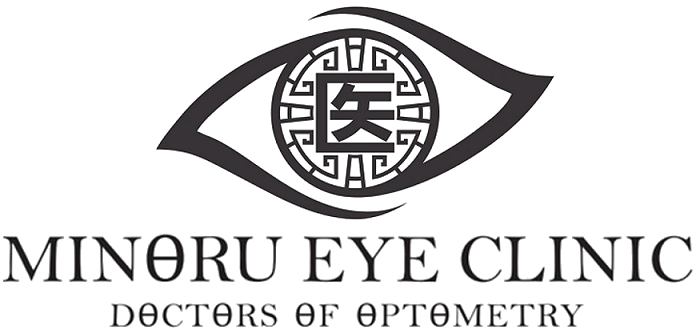Comprehensive Eye Exam
Comprehensive Eye Exam
A comprehensive eye exam goes beyond just finding your glasses prescription. Our optometrist is also committed to making sure your eyes are free from any diseases and working well together. That being said, everyone should have regular eye exams regardless of whether there are vision changes or not, as many eye problems are asymptomatic.
During a full eye exam, Dr. Wang will check for any problems with the front of the eye (e.g. dry eye, allergies), as well as issues inside the eye (e.g. glaucoma, macular degeneration, retinal detachment).
Adults between the ages of 19 and 65 should have an eye exam once a years unless told otherwise by the doctor.
Vision is absolutely vital in the future success of children in school and in future career options. Exams for young ones start as early as 6 months. It is important to do the eye exam as early as possible as some eye conditions are harder to treat the older the child is. Don’t wait for your child to complain about his/her vision as most children don’t know what “normal” vision is like. Child exams include looking for any need for glasses, any eye turn and childhood eye diseases.
Parents should look for any eye turn while spending time with their children. For example signs of crossed eye while eating a meal or any eye turn while watching the TV. Bring your child in if you are suspicious of anything abnormal.
Many eye disease become more prevalent as we age. It is important to have an eye exam once a year to make sure we catch those diseases early.
Conditions like glaucoma and macular degeneration have a higher chance to be passed down to the next generation. Therefore, getting an eye exam regularly can help assess risk of eye disease for your children and grandchildren.
Did you know that your eyes are the only place in the body where we can see diabetic changes?
Diabetic retinopathy is the term used to describe changes in the eye due to uncontrolled blood sugar. Diabetes can lead to weakening of the small blood vessels in the eye. This can lead to bleeding and lack of oxygen and nutrient supply to the eye. HbA1c is a measure of long term sugar control and keeping it under 7% will reduce the risk of retinopathy. Not all changes from diabetes will affect your vision right away. It is important as a diabetic and pre-diabetic to get your eyes checked every year, so we can take action before you lose your vision. Learn about how we manage ocular disease.

